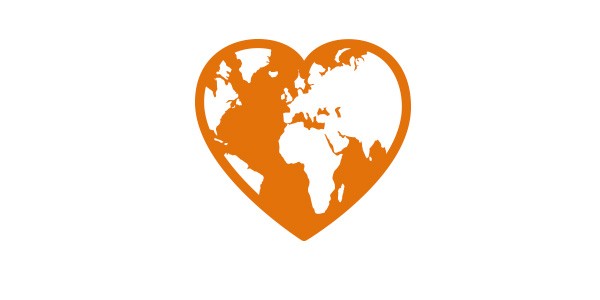One of Bremnes Seashore’s goals is to ensure that our activities impact the external environment as little as possible. Our production process should be sustainable and we achieve this through clear strategies and action plans for the protection of the environment.
Among other things, we carefully monitor the quality of the seawater and seabed conditions around our farming facilities in order to ensure we have sustainable operations with no negative impact on the environment. Furthermore, we have strict waste sorting procedures in place and recycling schemes for paper, residual waste, bio waste, plastic and hazardous waste. We also focus on the best possible integration of our farming facilities into the local environment through the implementation of measures to reduce environmental impact in the form of light and noise.
Fresh offal and by-products from our production are transported away for further processing on a daily basis. A number of products are produced using offal and bones, including fish oil and protein powder, which can be used for both human consumption and as ingredients in animal feed. This means that up to 98% of the fish is used!
Salmon farming is currently the most effective form of meat production available. The salmon utilise their feed better than both chickens and pigs. The raw ingredients in the feed are fishmeal, fish oil, soya oil, corn products and pulses. We collaborate closely with our feed suppliers to develop the feed so that we use the resources as best as possible. For instance, we require that feed suppliers ensure that raw fish ingredients used in the feed come from sustainable fisheries. In addition, we also use raw fish ingredients that are by-products of the herring and mackerel industry. Bremnes Seashore will also in the future work to balance the selection of fish types and improve the exploitation of the raw fish ingredients in the feed that we use through collaboration with the authorities and our feed suppliers.
Preventing escape and controlling salmon lice are challenges that both we and the rest of the salmon industry face and are working to resolve. At Bremnes Seashore we have implemented several measures. For instance, we use nets and net pens that are more escape-proof than required as standard, and through the active use of cleaner fish and the fallowing of large areas of fjord, we have achieved positive results in our work to reduce salmon lice and other biological challenges.
